- 👨🏿🚀TC Daily
- Posts
- MaxAB-Wasoko acquires Fatura
MaxAB-Wasoko acquires Fatura
Inside: Bolt flirts with fare negotiation, backs off quietly.


Good morning! ☀️️️
This isn’t an ad, I swear. I just really like the thing. One of my colleagues once uploaded their exam prep materials to NotebookLLM and had it spin out a podcast version to study on the go. I also once used it to transcribe an entire interview, and it did it flawlessly.
Now, Google’s rolling out a mobile app for the tool, making it even easier to work smarter, not harder (or at least sound like you do).
And while we’re talking Google, try searching “askew.” The page tilts like it just heard some spicy office gossip. You’re welcome.
– Faith

E-commerce
MaxAB-Wasoko acquires Egypt's Fatura in its first post-merger move

Nine months after its merger, MaxAB-Wasoko made its first big move: acquiring Egyptian B2B marketplace Fatura from EFG Finance. With the acquisition, EFG Finance will join MaxAB-Wasoko's shareholders and its credit rails will come in handy as the B2B e-commerce company will look to introduce a credit line to its business.
Fatura was a smart choice. While MaxAB built warehouses and delivery fleets to digitise Egypt's supply chain, Fatura focused on being a lean marketplace—connecting 600+ wholesalers with retailers across 16 cities. That gives MaxAB-Wasoko faster, cheaper access to new cities, including five where it didn’t operate before. It’s a way to grow without heavy infrastructure.
But the bigger opportunity is lending. MaxAB-Wasoko already finances 9% of its sales. With EFG Finance—and Fatura’s retail network in hand—it can offer credit to more merchants. That matters because margins from lending (since it involves fewer infrastructure setups, although it is risky) often surpass those from logistics. Moving goods is capital-intensive with tight profits, but embedded finance—like offering credit—gives higher returns with lower overhead.
Plus, providing financing in e-commerce could keep customers loyal, as they depend on platforms that support their growth.
This isn’t just MaxAB-Wasoko’s strategy. Across Africa, B2B platforms are following this path: after raising series A, Nigeria’s OmniRetail is expanding embedded finance across West Africa after processing ₦1.3 trillion ($810 million) in OmniPay transactions in 2024; MarketForce offers Buy Now, Pay Later (BNPL) to help merchants access goods on credit; and Morocco’s Chari integrates fintech to support unbanked shop-keepers.
These moves show a broader trend: B2B commerce in Africa is evolving from just supplying shops to building the pipelines and capital flows that power informal retail economies. For a sector where distribution has historically been king, these e-commerce companies are rewriting the rulebook with credit access.
Seamless Global Payments With Fincra.

Issue accounts in NGN, KES, EUR, USD & more with one integration. Send & receive funds seamlessly across borders; no more banking hassles or complex conversions. Create an account for free & go global today.
Ride-hailing
Bolt flirts with fare negotiation, backs off quietly
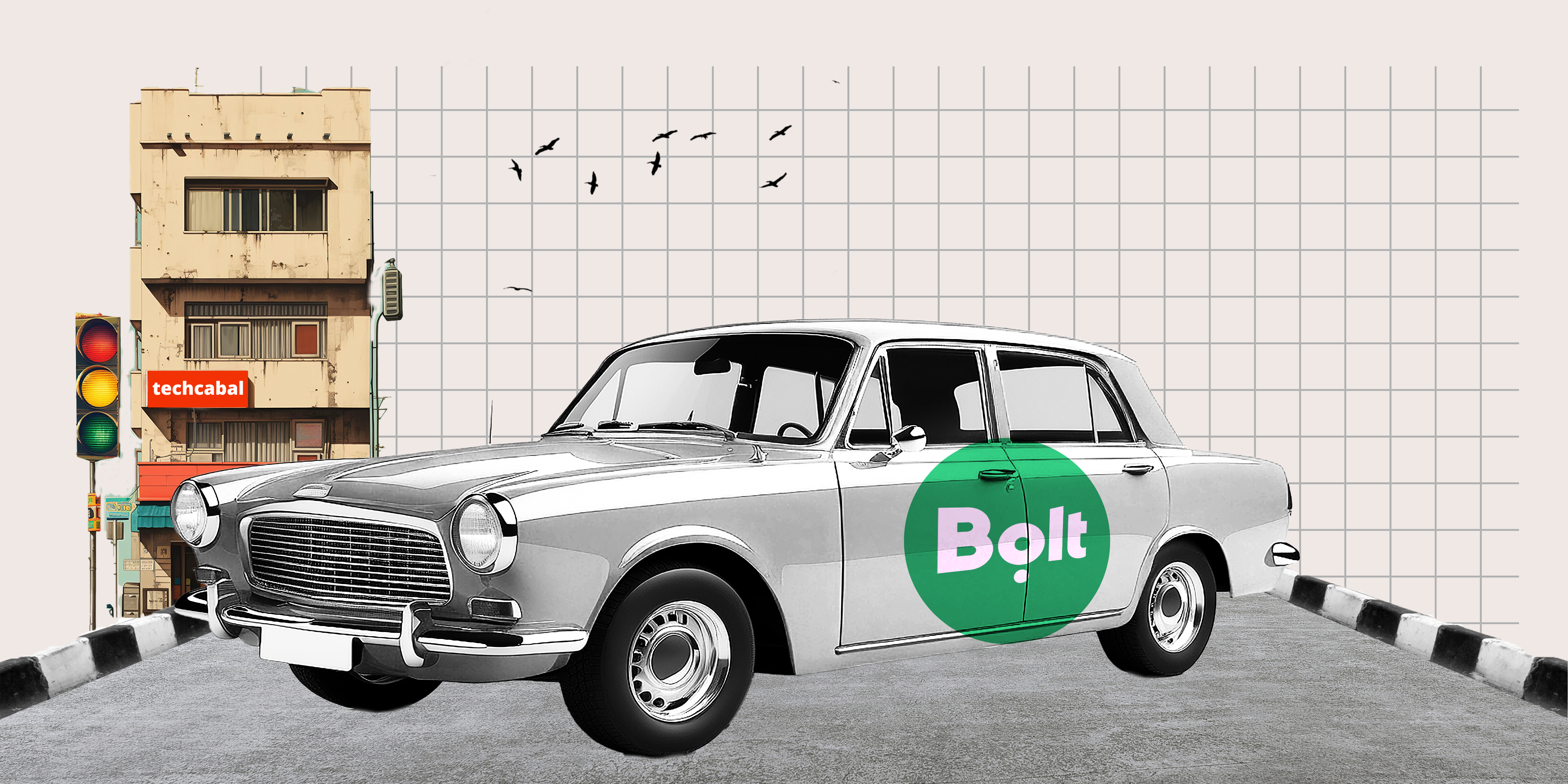
Bolt quietly tested a fare negotiation feature in Nigeria between November 2024 and February 2025—mirroring inDrive’s popular model that lets riders and drivers agree on prices upfront. But the pilot, rolled out in select cities, didn’t last. The company has since shelved the feature with “no plans” to scale it.
The test was Bolt’s attempt to ease tensions with drivers—many of whom have protested its 20% commission—and compete with inDrive, whose flexible pricing has wooed price-sensitive Nigerians grappling with fuel hikes and inflation. However, our guess is that the experiment didn’t meet Bolt’s internal success metrics.“My assumption is that the feature didn’t solve the problem the way they imagined,” said mobility analyst Ayodeji Audu.
Bolt still dominates Nigeria’s ride-hailing market with a 66% share, but the pressure to localise remains. A Lagos-based driver told TechCabal he felt “finally heard” during the negotiation pilot. Another said it didn’t matter: “What happens when the app still takes a large cut from the negotiated price?”
For the consumers, pricing remains the biggest priority regardless of new features. “If I can negotiate on both Bolt and inDrive, my decision still comes down to whichever is cheaper and closer,” my colleague Muktar, a frequent user of Bolt, told me.
As global players like Uber and Bolt re-evaluate commission-based models—especially in emerging markets—Nigeria’s ride-hailing war is heating up again. And this time, who listens better might matter more than who copies first.
Paga is on the Financial Times List Three Times in a Row!

Milestone achieved: 3x in a row! Celebrating 16 years of growth with our third consecutive appearance on the Financial Times' Africa's Fastest-Growing Companies list. Read more.
Banking
UBA makes agent banking comeback with 46,000 PoS terminals
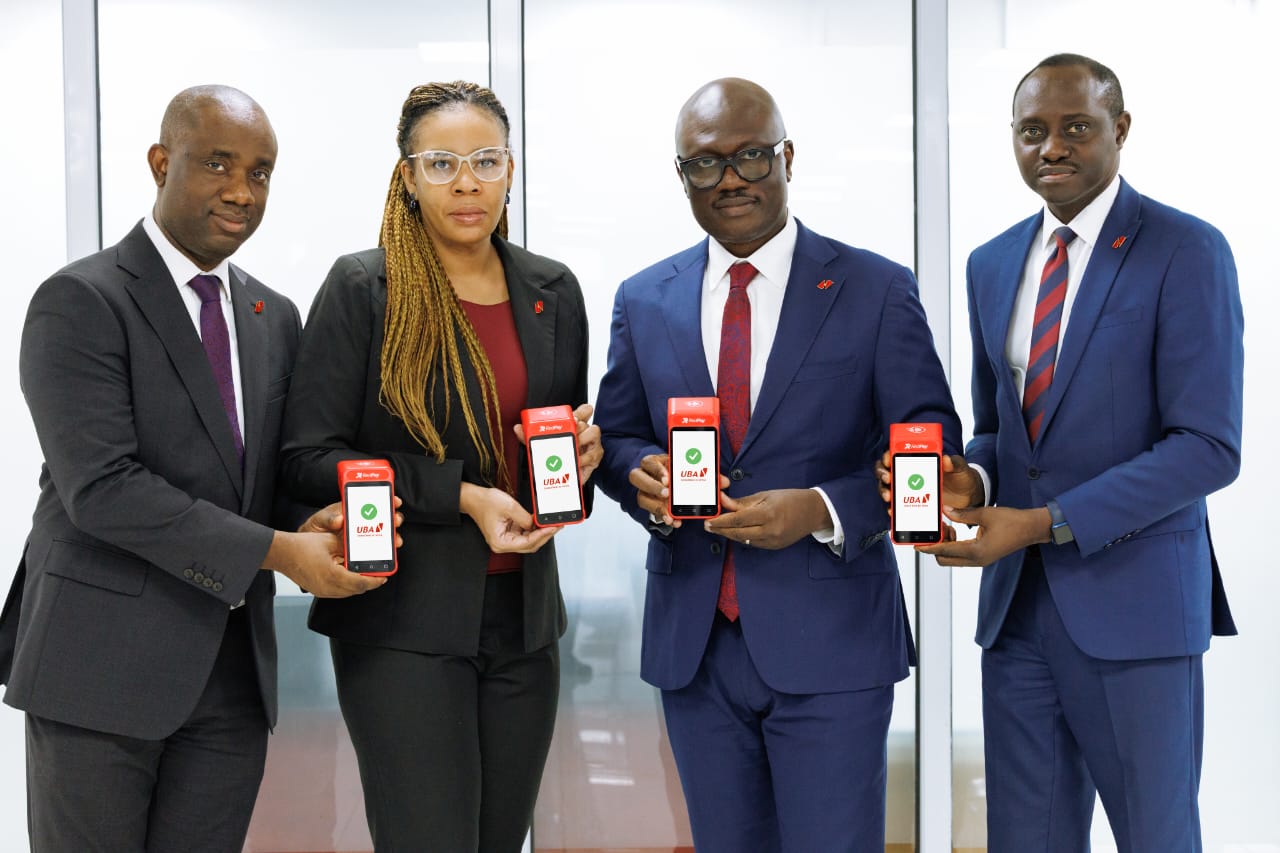
Back in 2012, Nigeria’s cashless dreams kicked off with a Central Bank policy and a few hopeful banks. First Bank, GTBank, and Zenith rolled out early Point-of-Sale (PoS) terminals in upscale malls, hoping Lagosians would swap cash for card swipes. Nigerians, however, treated these devices like alien tech and just stuck to the ATM queues they knew and (sort of) trusted.
Then came the fintechs. Moniepoint, OPay, and Palmpay onboarded agents fast, paid out instantly, and offered rewards juicier than your neighborhood amala joint.
Then came the 2023 naira redesign/cash crunch. That was their Avengers moment. As ATMs went dry, PoS agents became the unofficial ATMs.
Moniepoint processed record volumes. OPay handed out perks like Santa. Palmpay followed with its own bag of tricks. And the banks? They looked on like disapproving uncles at a Gen Z party.
But now the banks want back in. And UBA is the latest to dust off its armor, rolling out 46,000 shiny new PoS terminals and relaunching its MONI app, complete with real-time tracking and instant settlements. Not bad.
Still, the market’s moved on. Fintechs have deep agent networks and serious merchant loyalty. So what can UBA offer that’s not already being done faster, cheaper, or cooler?
Zoom out: In Nigeria’s PoS economy, loyalty is transactional. Whoever gives agents the best deal wins. And if UBA wants to stay in the game, they’ll need more than fancy terminals. They’ll need to understand that in this market, the agent is king—and kings don’t switch thrones for free.
Here’s what happened at Paystack in 2024!
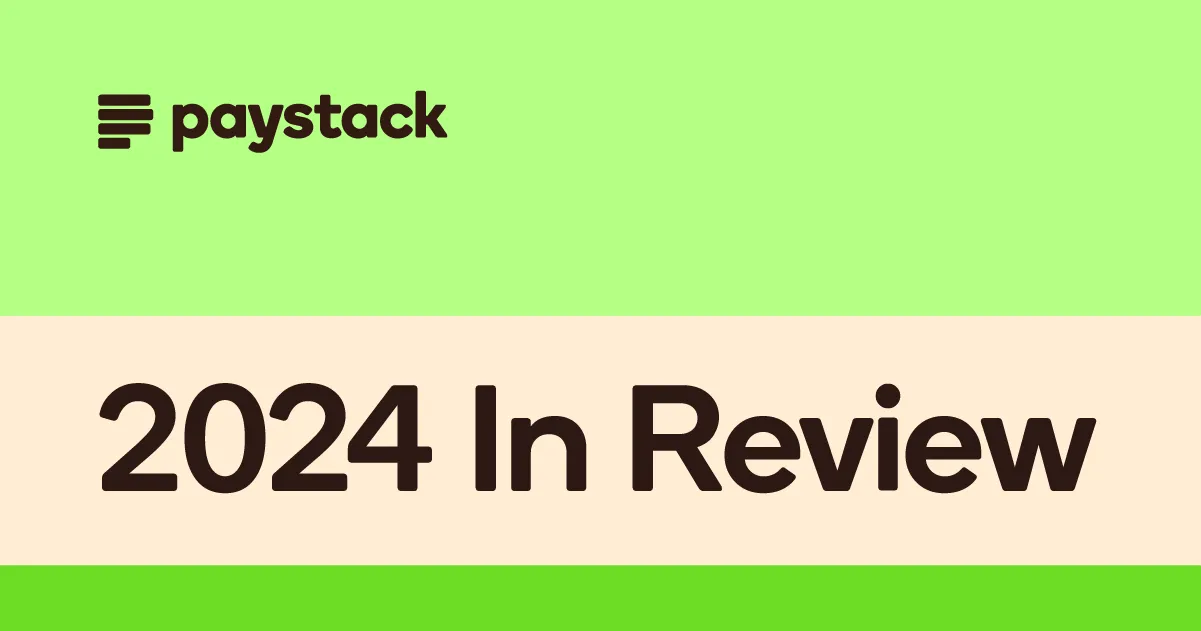
See what Paystack built last year! From major product upgrades to new ways we supported African businesses. Check out our Year in Review →
Mobility
China plans to establish electric vehicle (EV) factories in Nigeria
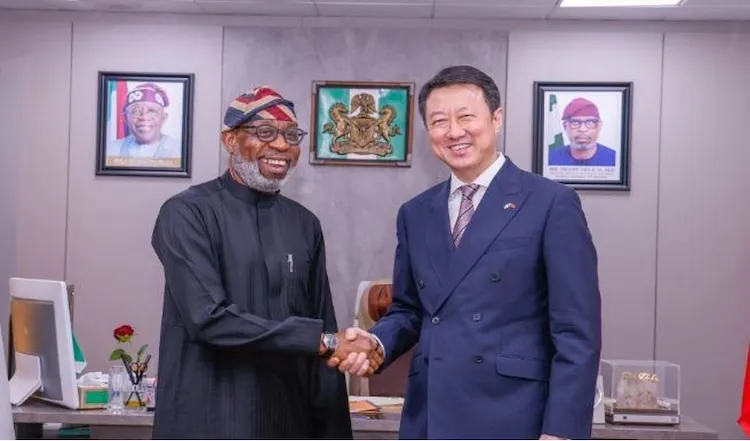
China wants to pump Nigeria full of electric vehicles (EVs).
On May 18, Segun Tomori, special assistant on media to Nigeria's minister of solid minerals development, announced that it has granted China approval to establish EV factories in the country. It’s part of a move to deepen bilateral trade between both countries.
The announcement comes a month after BYD, China’s top EV maker, entered the Nigerian market. Before experienced foreign entrants, EV production in Nigeria has remained local. Private companies like Siltech, Egoras, and Trekk have actively manufactured EVs for Nigerian roads. But high upfront costs, limited public awareness, and poor infrastructure—such as a lack of accessible charging stations—have likely kept adoption low. That’s why some of these automakers are pursuing partnerships, teaming up with major employers of drivers, such as ride-hailing companies.
China's expertise could help ramp up EV infrastructure across the country, effectively powering adoption. The Nigerian government has been trying for years to invite EV players into the country, offering tax rebates and import duty waivers; finally, it could get what it has always wanted.
Yet, the government may be playing two sides. Nigeria wants to reduce petrol cars on its roads, but beyond EVs, it has also actively backed compressed natural gas (CNG)-powered vehicles.
Government-led initiatives like the PCNGi created a signalling that has brought in several auto-makers and companies leaning towards CNG. Case in point: Russia’s AvtoVAZ entered Nigeria and said it will bring in more CNG-powered vehicles, and Bolt introduced e-tricycles in April.
So, what car engine will reign supreme on Nigerian roads in the coming years? Our money is on CNG in the short term, but with better policies and infrastructure, EVs could thrive long term.
EVs need steady power that Nigeria cannot provide yet. Charging them on alternative sources of electricity, like solar, is high maintenance and a lot of Nigerians might not be too happy about spending extra, making CNGs the more accessible option.
China’s interest in Nigeria could be more about its lithium than its roads. If Nigerians can’t buy the cars, the Chinese will export them anyway—and be happy to pay taxes. A win-win for them.
Get premium devices on Altmobile
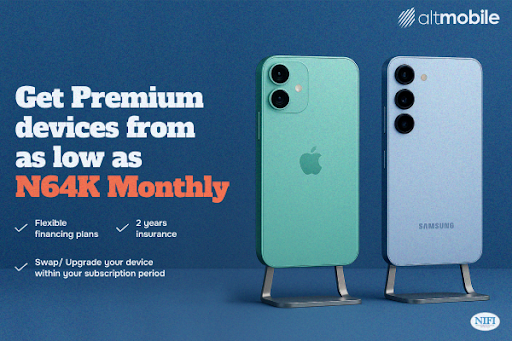
Want to own the latest devices without breaking the bank? Altmobile lets you subscribe and pay for over 24 months. Subscribe now.
CRYPTO TRACKER
The World Wide Web3
Source:

Coin Name | Current Value | Day | Month |
|---|---|---|---|
| $106,380 | + 3.51% | + 24.92% | |
| $2,567 | + 8.06% | + 59.07% | |
| $269.70 | + 25.09% | + 88.06% | |
| $170.10 | + 4.38% | + 20.08% |
* Data as of 06.30 AM WAT, May 20, 2025.
Download our Policy Brief!

Our new policy brief, Building AI Literacy: Preparing Nigeria’s Future Workforce Through Education Policy, outlines a conservative but practical roadmap to embed AI readiness into Nigeria’s education system. It calls for a phased implementation: strengthening basic education, introducing digital literacy early, developing culturally relevant AI curricula, training teachers, and investing in infrastructure and research.
Events
- The Africa Women Innovation and Entrepreneurship Forum (AWIEF) will return to Cape Town on 30–31 October 2025, under the urgent theme “Breaking the Barriers: Now More Than Ever.” As backlash against gender equality threatens hard-won gains, AWIEF2025 calls for bold, collective action to advance women’s leadership in business and innovation. The two-day event will gather entrepreneurs, investors, policymakers, and changemakers from across Africa and beyond to accelerate progress for women on the continent. Register now or book an exhibition stand.
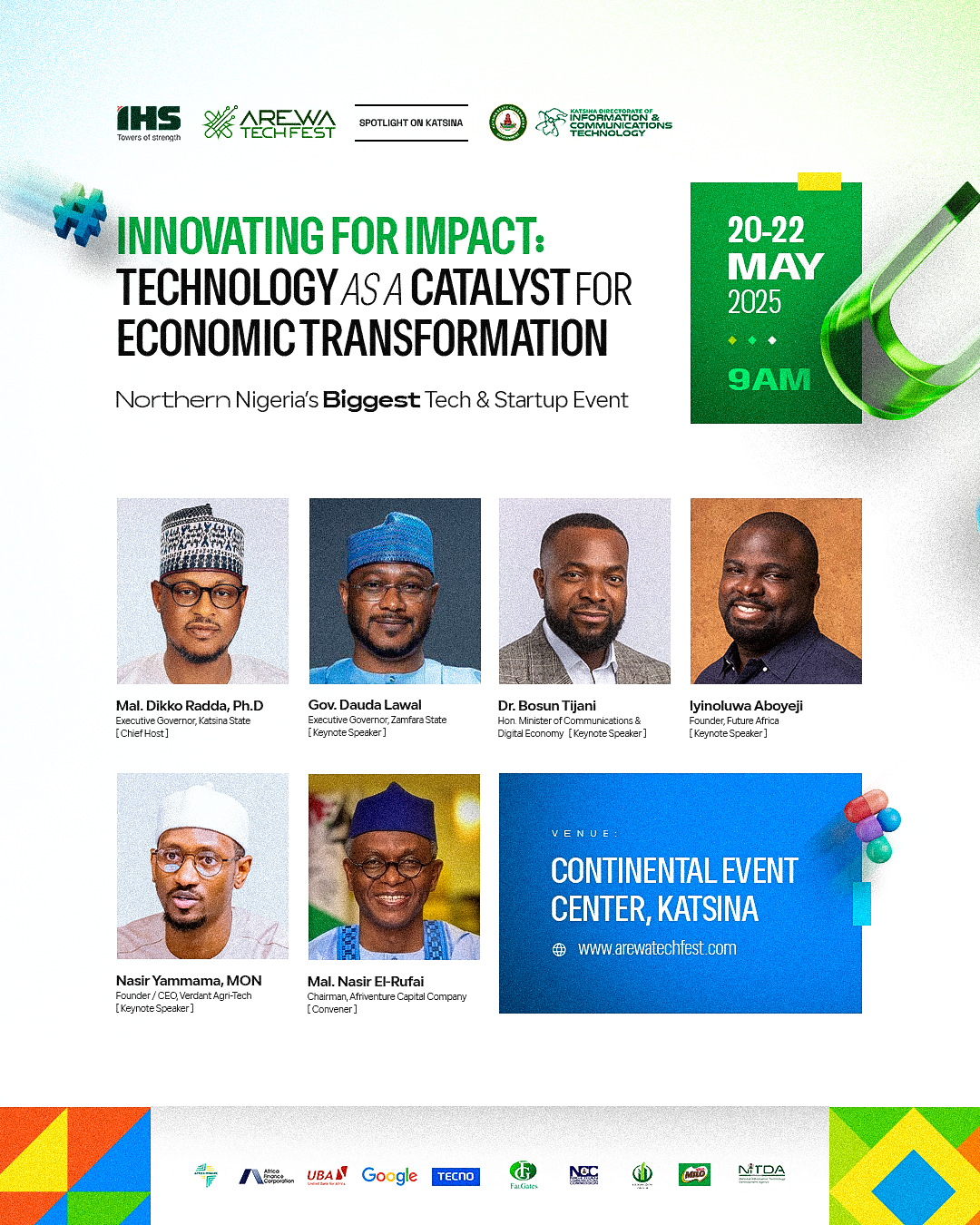
- Arewa Tech Fest heads to Katsina from May 20–22, 2025, spotlighting innovation and talent across Northern Nigeria. With masterclasses, product showcases, and the Pitchathon, the festival brings startups, investors, and builders together to close the region’s tech opportunity gap and spark lasting impact. Register here.
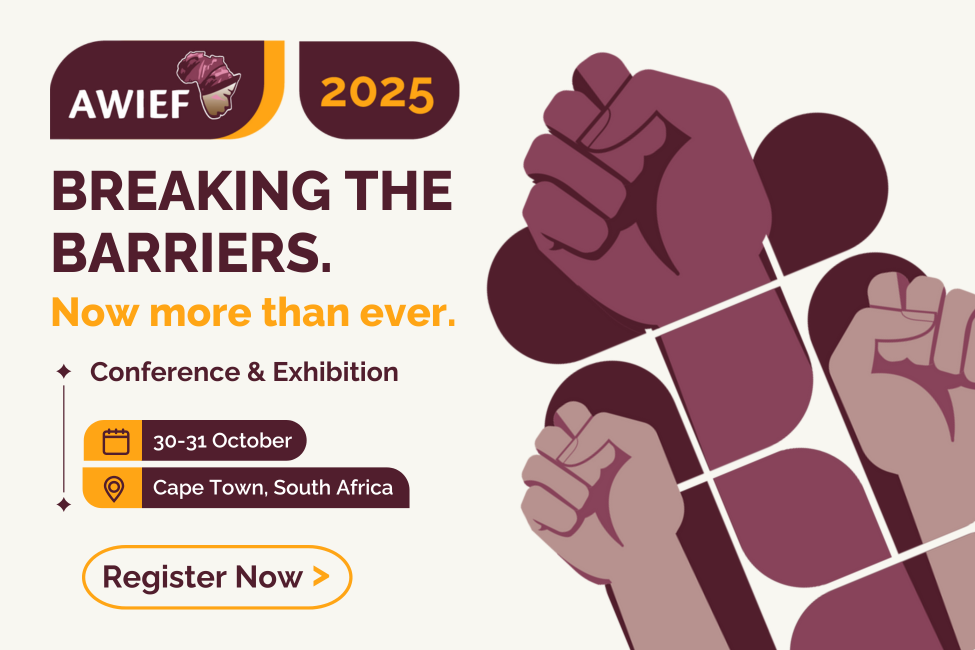

Written by: Emmanuel Nwosu, Opeyemi Kareem, and Stephen Agwaibor
Edited by: Faith Omoniyi
Want more of TechCabal?
Sign up for our insightful newsletters on the business and economy of tech in Africa.
- The Next Wave: futuristic analysis of the business of tech in Africa.
- TC Scoops: breaking news from TechCabal
P:S If you’re often missing TC Daily in your inbox, check your Promotions folder and move any edition of TC Daily from “Promotions” to your “Main” or “Primary” folder and TC Daily will always come to you.

How did you find today's edition of #TCDaily? |


